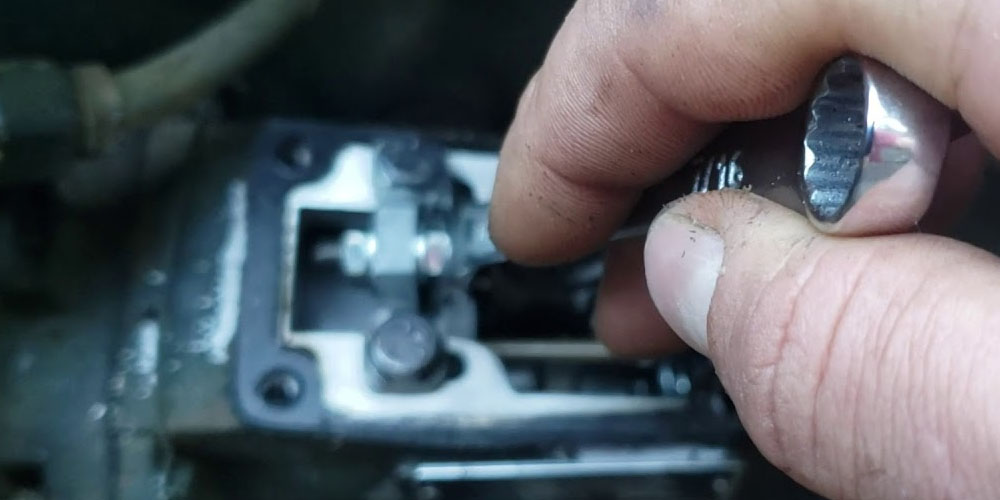There are a lot of reasons why people want to replace their vehicle fuel pumps. Whatever the reason is, there are some important things that you should keep in mind. Different Fuel pumps are rated by manufacturers in various ways. For instance, OSIAS 180LPH e85 fuel pump which is an efficient high-flow fuel pump is rated using lph rating.
Some manufacturers Vote on their gas pumps using psi. So how you can choose the correct fuel pump for your vehicle? It is a complete process and you can easily do it by just reading the given article.
Things To Know Before Choosing A Fuel Pump
Maybe you are planning to improve the efficiency of your car engine and replacing its fuel pump is a way that can be helpful for you. Following are the important things that you should know before making a decision about the fuel pump:
● Horsepower
Find out How many horsepower does your engine have can produce. This is important to determine as it will describe how much fuel flow is supported by the vehicle engine. If the horsepower is increasing it means that fuel volume is also needed in more quantity to support the power.
For instance, if the pump flows at 40 gph so it should support a 400 hp engine (40 × 10 = 400). However, you should additionally take into account the needed fuel pressure by the engine to actually find out the gph.
● Fuel Pressure
It is also important to find out what fuel pressure is required by the engine of your vehicle because different engines demand different fuel pressure. A carbureted engine generally needs a pressure of 4 to 7 PSI while a typical GM LS engine required 58psi.
So you have to know the maximum pressure your engine need. The fuel pressure has a good effect on the car and determines how much fuel pressure can be produced by the pump. If there is no pressure or free flow the fuel pump flows at the maximum volume.
The fuel flow falls down if the fuel pressure is increasing. Whatever fuel pump you are going to buy just look at the flowchart because every pump has a different flow volume at a specific pressure.
● Voltage
When the engine is running there is a specific voltage that is supplied to the fuel pump. Every fuel pump has various flow rates on different voltages. If the voltage increases the fuel pump's speed also increases and indirectly the flow of the pump increases at the given the strain.
In light of this reason, it is good to find out how voltage and pump are related to each other. Generally, most cars produce 13.5 volts while running.
Final thoughts
Now we can summarise that there are three important factors that you should keep in mind while selecting a fuel pump. You need to look for the horsepower of your engine, the required fuel pressure, and the amount of voltage supplied to the fuel pump before making any decision.


